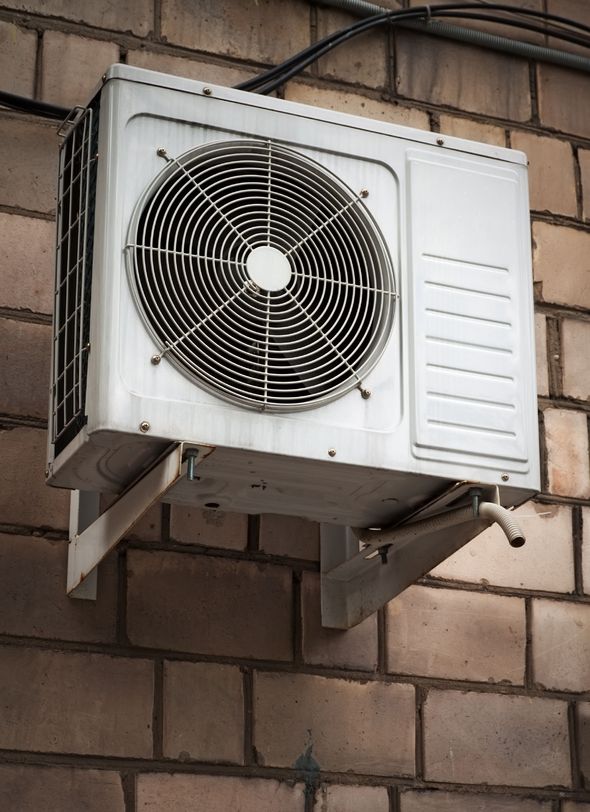Wherever there are radio frequencies, there is a risk of radio-frequency interference. Due to the prevalence of such electronics, it’s hard to go anywhere without some amount of interference. Many items which are susceptible to this “noise” need some about of RFI testing to ensure they will work properly. Here are some common consumer products that need to be testing for their immunity to radio frequencies.
Microwave Ovens
Microwave radiation has been used to heat food and other items for many decades. Microwave ovens are susceptible to and also produce a certain amount of electromagnetic interference. This means they are usually tested for both immunity and emissions.
Baby Monitors
As homes get larger, baby monitors need to get stronger and resist more and more electronic signals. If your home also has one or more radios, televisions or wireless devices, these could all interfere with the baby monitor. This interference becomes even more pronounced with baby monitors that include a video signal.
Bluetooth Devices
Bluetooth is a wireless technology that sends and receives short-wavelength radio signals. Just like with any other radio device, these signals can be interrupted or diverted by other similar devices. To prevent interference with phone calls or other data streaming, Bluetooth devices are often subjected to RFI testing.
Heating Pads
This category includes heating pads for both medical and culinary uses. While they are not as susceptible as other electronics, they still produce a certain amount of emissions. This is why heating pads are usually tested more for emission reduction than interference immunity.
Radio frequencies can interact and divert each other in a variety of ways. As radio-frequency electronics become more and more common, this interference becomes more noticeable. RFI testing is a good way to measure whether or not an item emits and is immune to enough radio frequencies to meet certain national and international standards.







